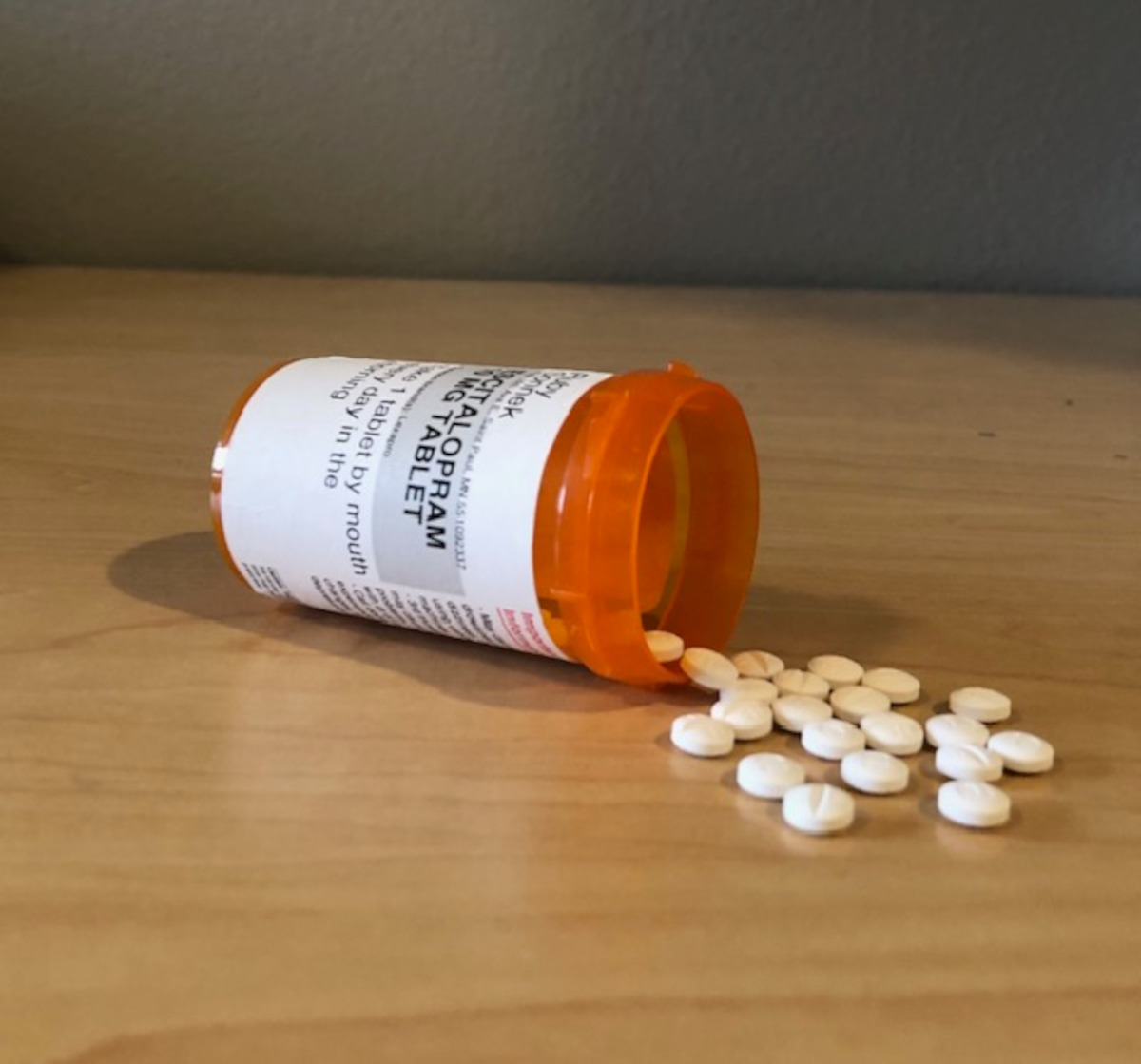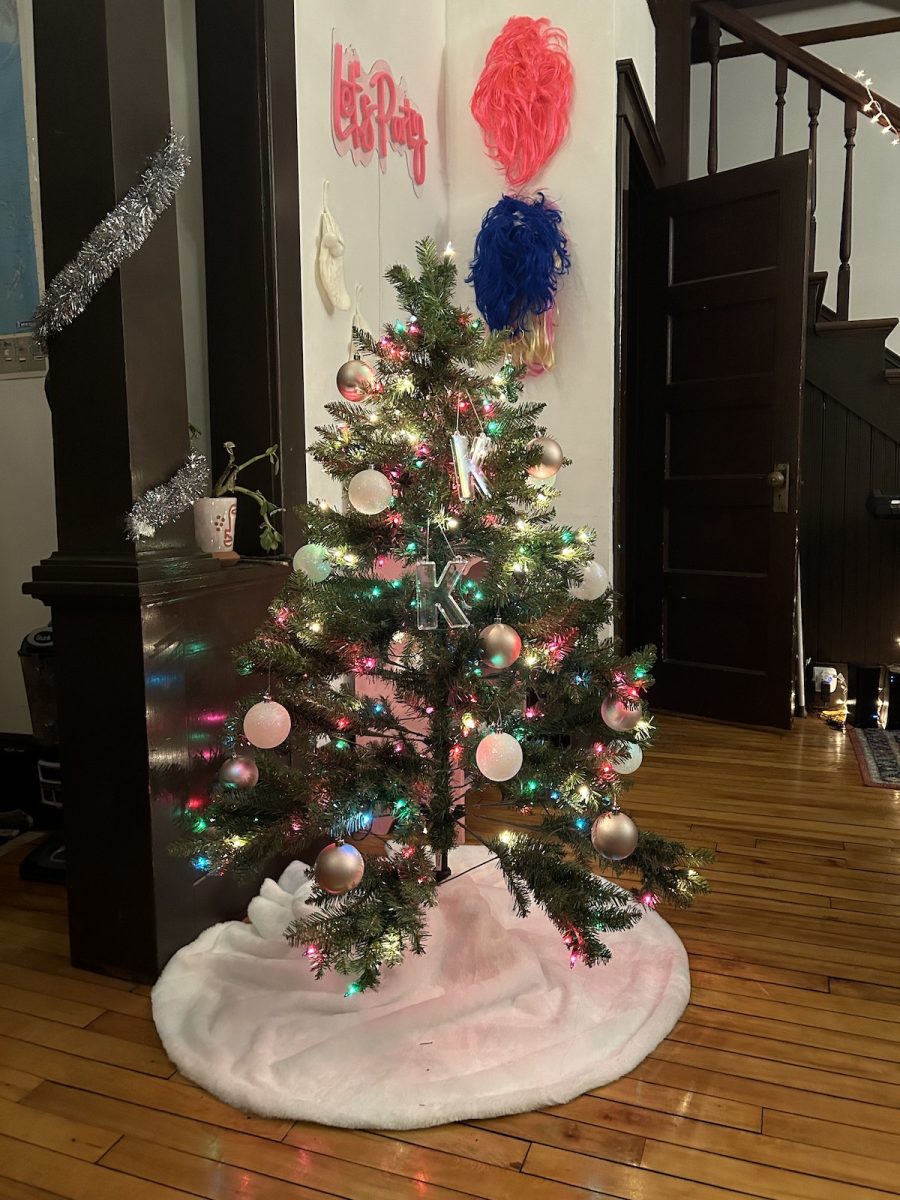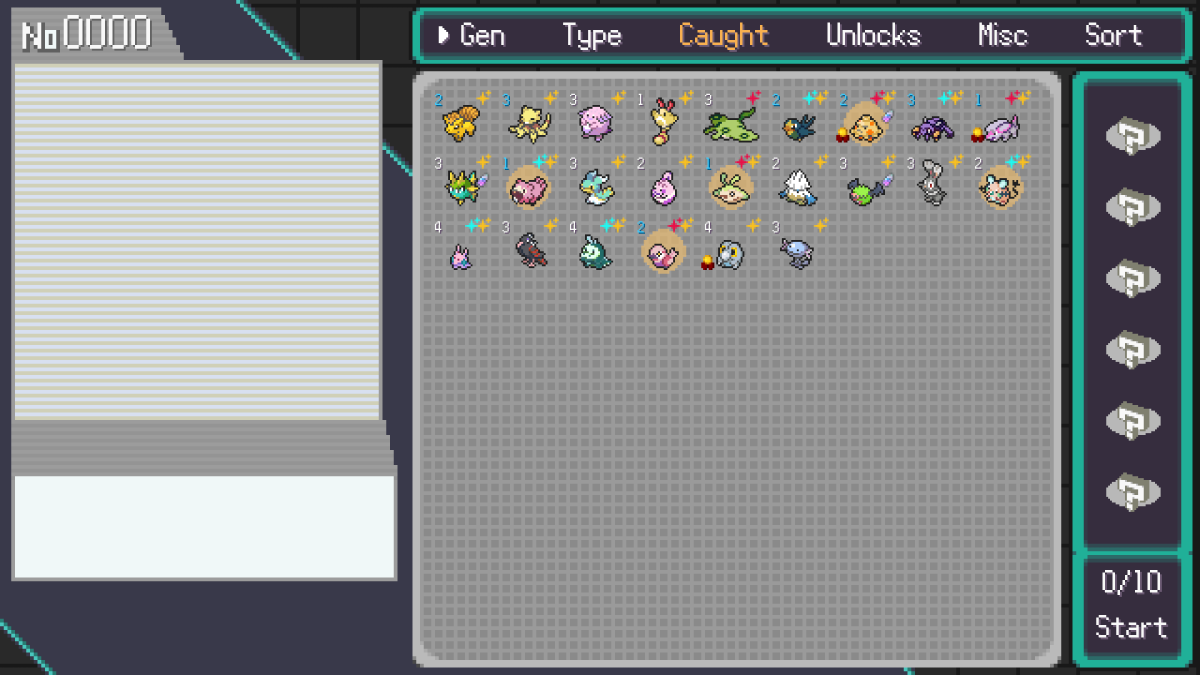 David Taintor
David Taintor“Twenty-seven million people are enslaved today.”
These are the words that have seized my heart and my mind.
About a year ago, when I first read this remarkable statement, I thought it was a joke or a ploy to capture attention so that the author would be able to direct the audience to a less intense discussion on a less intense subject. The statement was, and is, on the top of the Not For Sale Campaign Web site.
After that initial moment, I spent two hours following link after link in a search for the truth of the matter, and my mind began to realize that what was written on that Web site – although it is only an approximation – is fundamentally true.
There are slaves in this world today, more slaves than in the 200 years of the trans-Atlantic slave trade. While my mind began to comprehend the statistics, my heart rebelled from the idea. I caught myself saying things like, “if it does exist it must be in some distant land, and it can’t really be that bad; after all, who in the world would allow such a thing to happen?”
As the stories unrolled before my eyes and the facts left the world of fiction, I began to feel something deep within me stirring. I began to look around my own world and wonder at the beautiful ease of my life. I began to realize that I may have my own troubles, my own wounds, my own hurts, but they are miniscule in comparison to the horrifying existence of a child forced into the world of the commercial sex trade and forced prostitution.
When I look back, it seems that the moment of fully grasping the concept of human trafficking was like watching a holocaust. Children being destroyed by humanity at its worst, making a child’s body a product to be sold for the sexual gratification of the powerful.
I must attempt to relate to you the extent of this pandemic.
The International Labor Organization – the United Nations agency charged with addressing labor standards, employment and social protection issues – estimates there are 12.3 million people in forced labor, bonded labor, forced child labor and sexual servitude at any given time. Some estimates run from 4 million to 27 million. The reason for the varying estimates is due to the underground criminal nature of human trafficking.
The 2008 Trafficking in Persons report states: “Annually, according to U.S. Government- sponsored research completed in 2006, approximately 800,000 people are trafficked across national borders, which does not include millions trafficked within their own countries. Approximately 80 percent of transnational victims are women and girls, and up to 50 percent are minors. The majority of transnational victims are females trafficked into commercial sexual exploitation.”
There are more slaves than the populations of the top 12 U.S. cities combined. How is this possible?
I continue to ask myself that question while understanding that I must do something to change this. I cannot live my life being ignorant. If I do, more children will be destroyed and more men and women will have their freedom taken from them; the freedom we love and hold so close in this country.
I have been reading about this sickening pandemic for over a year now, and I continually feel overwhelmed, heartbroken and afraid that this horrific thing will never end. As I feel these things and wonder at the atrocities committed in the history of humanity, I want to quit caring, quit trying to change things.
But then I see a picture of a young girl, eyes empty, that thousand-yard stare, never knowing the touch of a loving parent, the hug of a friend, the confidence of knowing she is loved. This breaks me and renews the passion that drives me through the depression of knowing and into the idealism of believing in what could be.
This knowledge forces us to look at a truly difficult thing. I wouldn’t blame you if you ignored everything I have said, and want to ignore me. But I ask you to honestly search your own heart, your own purposes, and discover if what you have and will pursue with your life is worth ignoring a seven-year-old girl who will never have a chance to actually live.
If you cannot ignore the enslaved, join your fellow abolitionists and myself in this fight. We have a newly formed student organization called Human Trafficking Abolitionists, and we are dedicated to the ending of modern-day slavery.
Gerdes is a sophomore psychology major and guest columnist for The Spectator.






